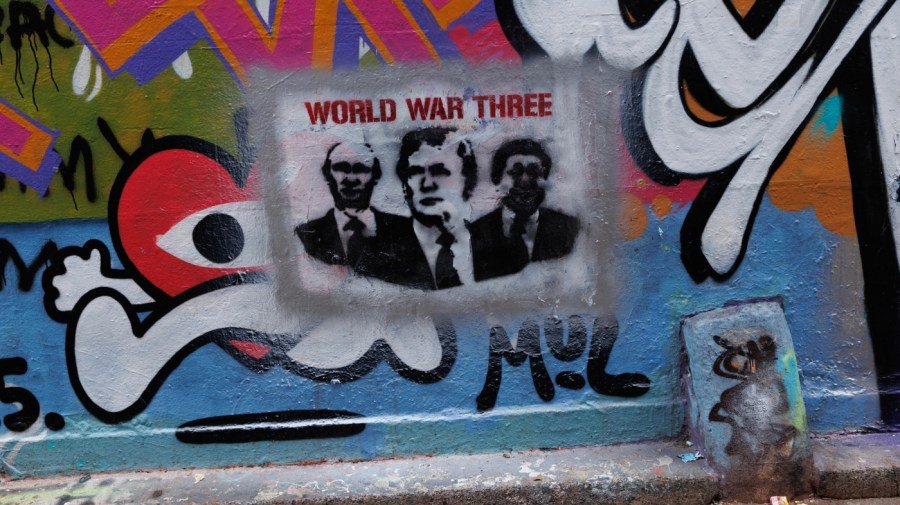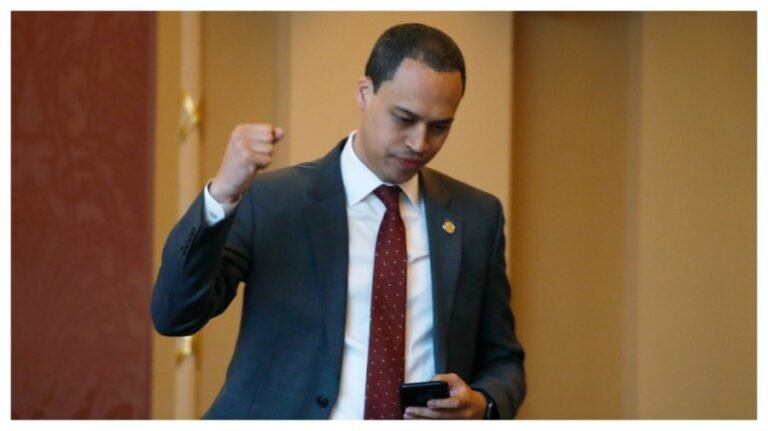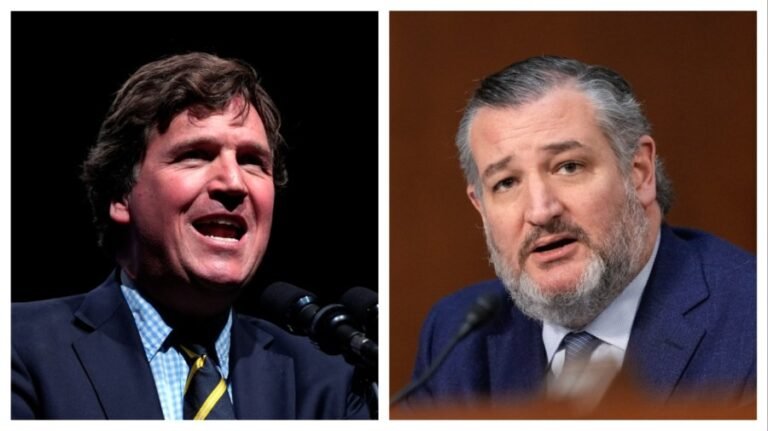
Back in London, I attended conferences with the usual and unusual suspects, some high up the political and defense flag poles.
The topic, not of the day but of the whole year, was about what President Trump has wrought and what the United Kingdom and Europe can do about it. The answers weren’t reassuring — and that’s not an understatement.
With a mix of sadness that the cherished “special relationship” born during World War II seems now gone, outright worry and concern were the disconcerting responses.
The answer was simple. With a global international structure underwritten by a combination of American power, hard-headed realism that is sometimes imperfect, as in Vietnam and later conflicts, and goodwill, Trump was single-handedly deconstructing 80 years of success.
Uncertainty of future American commitment to NATO (or should we say Trump’s) and, for the time being, Trump’s embrace of Russian President Vladimir Putin in forging a peace in Ukraine is never comforting.
Trump’s unpredictability in changing course without warning or explanation is another problem. The idea of forcing NATO to carry more of its defense burden — or else — is contradicted by statements from his secretaries of Defense and State claiming the U.S. remains in full support of the alliance.
And the disruption that Trump’s imposition of tariffs has caused will result in real economic pain for trading partners. Compounding the damage was Trump’s last-minute decision to lift tariffs on Elon Musk’s Teslas and Tim Cook’s iPhones, both made in China, as well as imports for the U.S. car industry.
Those CEOs made clear the consequences of tariffs on their business. But since the same negative impact will affect most of America’s businesses, why not consider them also?
“America First” is being interpreted as “allies last.” With no obvious replacement for U.S. engagement and commitment, what are friends and allies to do? This is not an idle question.
At one of Britain’s most distinguished think tanks, three very disquieting scenarios were raised.
Suppose the U.S. lessens or withdraws its support of NATO. Are any of NATO’s 31 other members capable of asserting leadership? Can the European Union, which is an economic and not a political organization, assume greater responsibility?
While seemingly an arcane matter, since the alliance was formed in 1949, beginning with General Dwight Eisenhower, all of NATO’s supreme allied commanders in Europe were Americans. That guaranteed American commitment, as the supreme allied commanders also led all American forces in Europe.
Given NATO’s bedrock Article 5, in which “an attack on one shall be considered an attack on all,” there was no question of America’s commitment, as its forces would be under fire along with all of NATO’s. Should this link be broken, then what?
Further, could the “special relationship” through the “Five Eyes” intelligence network, consisting of the U.S., U.K., Canada, Australia and New Zealand, remain unaffected? The “Signalgate” revelations were followed by perhaps an even more troubling disclosure that the secretary of Defense repeated this folly in a Signal chat with his wife and friends as the attack on the Houthis was being conducted.
It was bad enough that Trump stored highly classified intelligence at an insecure Mar-a-Lago. Could America now be trusted with the most sensitive information?
Last and possibly most threatening is what allies and friends will do if, and when, America First goes into action with full force and America cuts its international responsibilities.
A terrifying prospect is acquiring nuclear weapons for protection. Australia, Japan and South Korea have the potential. In Europe, Poland, Sweden and Ukraine do as well. And in the Gulf, it is possible that the Saudis have taken out options with Pakistan for a few atomic bombs.
Unfortunately, the answers to these questions are far from clear. And if Trump continues along the current trajectory, things getting worse, not better, is a reasonable bet.
Trump fired or reassignment his first national security advisor, Mike Waltz, temporarily replacing him with Secretary of State Marco Rubio. This is not a good sign. The first and only time this happened was when Henry Kissinger temporarily held both positions.
The national security advisor is meant to provide options for the president that represent all agencies. The secretary of State only represents their department.
How this will work or not remains to be seen.
Harlan Ullman, Ph.D., is UPI’s Arnaud deBorchgrave Distinguished Columnist, a senior advisor at Washington, D.C.’s Atlantic Council, the chairman of two private companies and the principal author of the doctrine of shock and awe. He and David Richards are authors of the forthcoming book, “The Arc of Failure: Can Decisive Strategic Thinking Transform a Dangerous World.”


